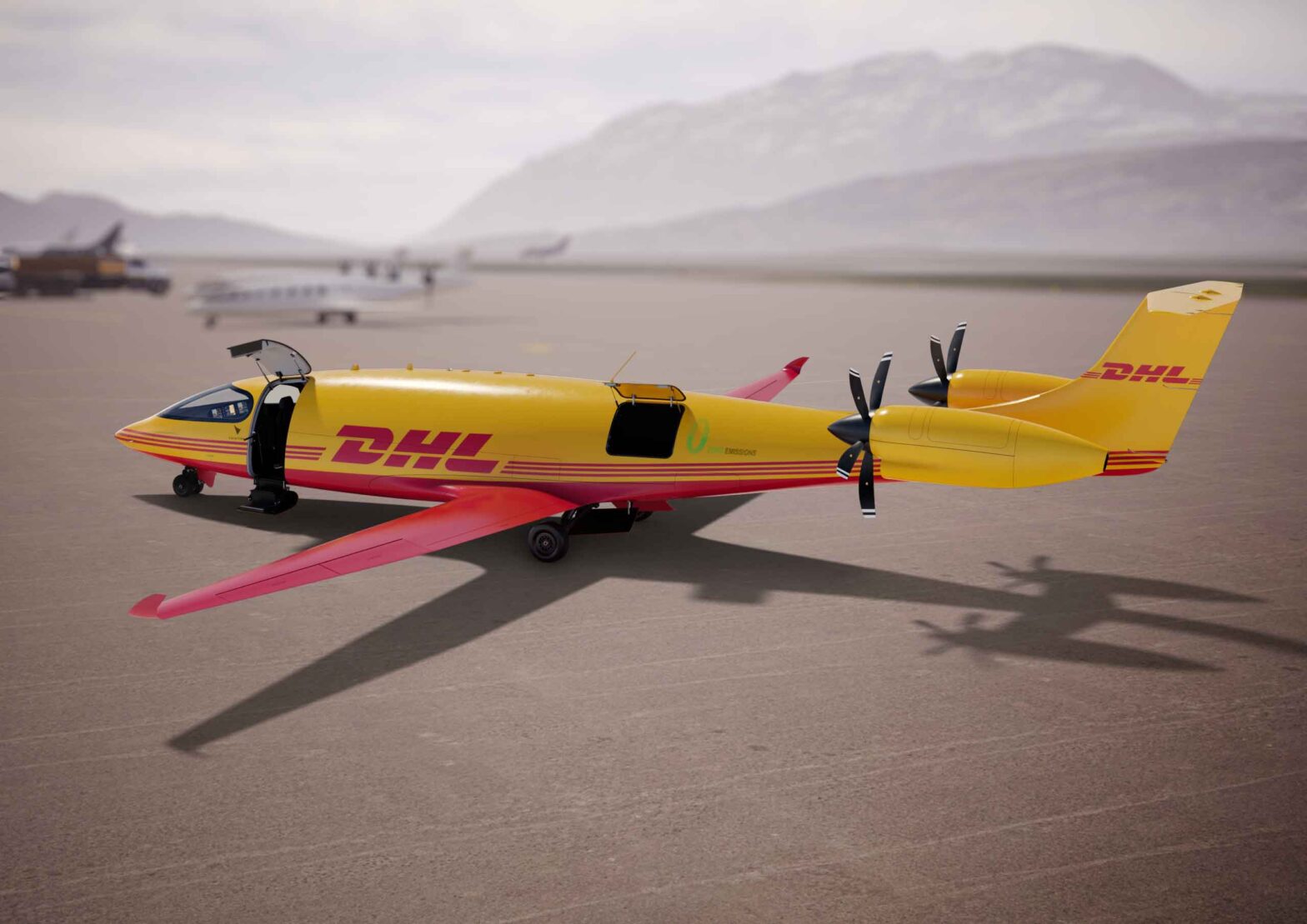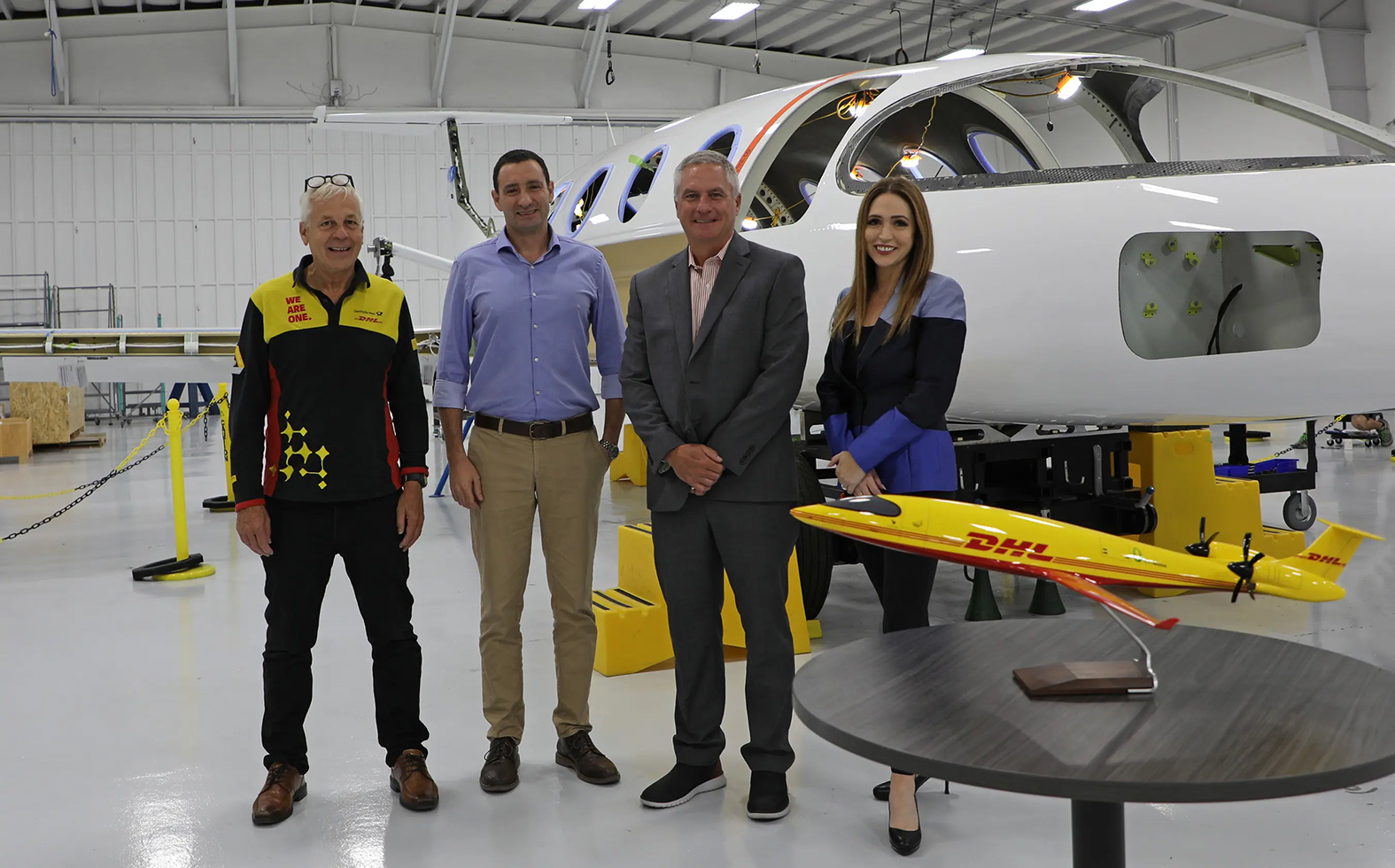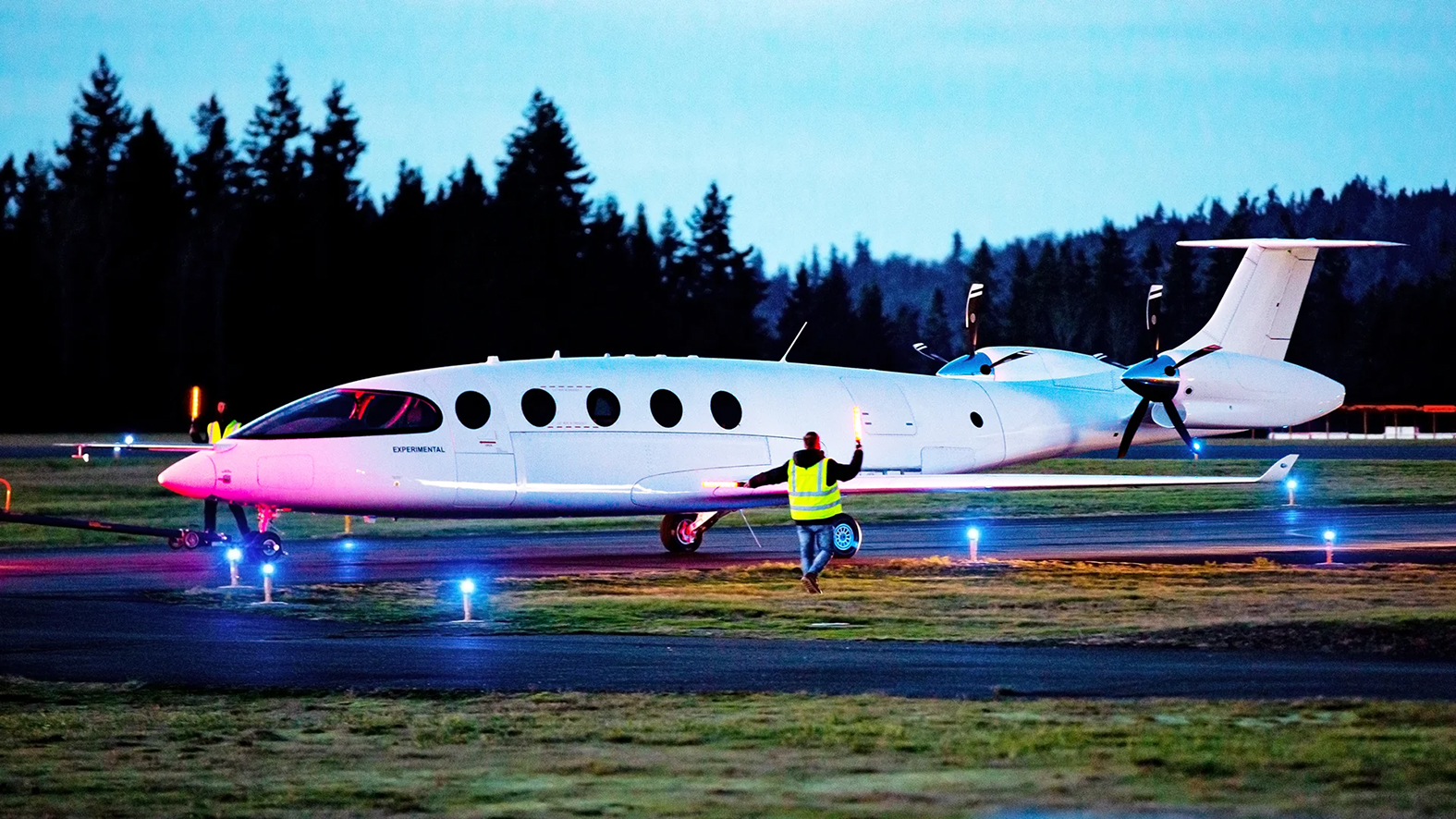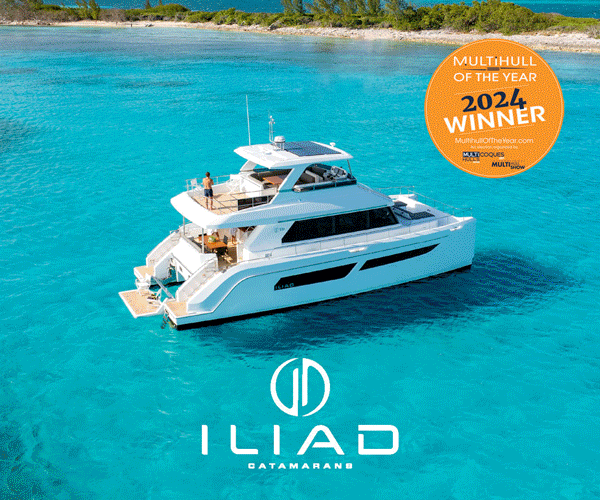E-aircraft takes flight
DHL has launched the first all-electric cargo aircraft, developed and made by Eviation Aircraft and known as “Alice”.
Photography by DHL-Eviation
27 October 2022
The world-first e-cargo plane from Eviation runs on batteries and could be delivering e-commerce orders soon.
In September 2022, the company successfully completed the maiden flight of Alice, the first-ever fully electric commuter plane designed to make aviation a sustainable, affordable, and quiet solution for regional travel and transport.
DHL Express has ordered 12 Alice eCargo all-electric aircraft from Eviation, due for delivery in 2024. This aircraft will be a single-pilot flyer and be capable of hauling up to 1,200kg of cargo.
“This maiden flight confirms our belief that the era of sustainable aviation is here,” said John Pearson, CEO of DHL Express.
“Electric flight is a step change in how we will soon be traveling and shipping. It will change our society,” said Gregory Davis, Eviation President & Interim CEO.
The concept of human flight was once an impossible dream, confined to the imaginations of inventors like the Wright brothers until their ground-breaking ideas literally took off.
Over a century later, air travel and transport are essential to international trade and the global economy.
Aviation is also a significant source of greenhouse gas emissions. A 2020 study by the consultancy company Roland Berger indicated that the aviation sector accounts for 3 percent of global carbon emissions.
With demand for passenger and cargo flights on the rise, and as other industries reduce their carbon footprint, aviation could account for up to 24 percent of global emissions by 2050.
Some of the best and brightest minds in the aviation industry are working hard to reverse that trend but face a challenge that is unique to flying: the power requirements of flight are immense compared to other modes of transport.
Simply put, replacing a diesel van with an electric vehicle is much easier than replacing an aircraft with an electric alternative.
The evolution of electric aircraft at Eviation
Located in the US state of Washington – home to Boeing, another aviation pioneer – Eviation is pushing the industry to reimagine regional travel. In addition to heralding a new era of transporting people, Alice could change how goods are transported regionally.
The key word is ‘regional.’
“Eviation is not trying to develop massive electric aircraft like the Boeing 777 or the Airbus A350. Big commercial jets designed to fly lots of people and cargo long distances are likely several decades away from becoming fully electric, if it’s even feasible at all.
“The problem is that outfitting an electric cargo plane of that size with enough batteries to replace the fuel needed to power the jets would make the aircraft weigh so much that it couldn’t even take off.
“However, smaller planes used for regional travel or cargo can be built with electric propulsion and will soon be among the many aircraft crisscrossing the skies. By 2024, we hope 12 of these planes of the future will form an unparalleled network of e-cargo air freight aircraft flying for DHL Express.”
E-cargo makes middle miles greener
DHL’s order of 12 Alice e-cargo planes represents an investment toward the company’s overall goal of net-zero emissions logistics.
Alice’s range and payload capacity will allow the business to reduce its carbon emissions on feeder routes in environments currently serviced by piston and turbine aircraft.
Alice e-cargo planes will require less investment in station infrastructure, and the quick charging times – less than 30 minutes per flight hour – mean they can be charged while loading and unloading shipments.
“That level of efficiency will help us maintain the quick turnaround times and tight schedules our DHL Express customers expect,” said John Pearson.
“Alice’s range and payload make it a unique, sustainable solution for our global aviation network, supporting our aspiration to make a substantial contribution to reducing our carbon footprint and ultimately achieving net-zero emissions by 2050.”









